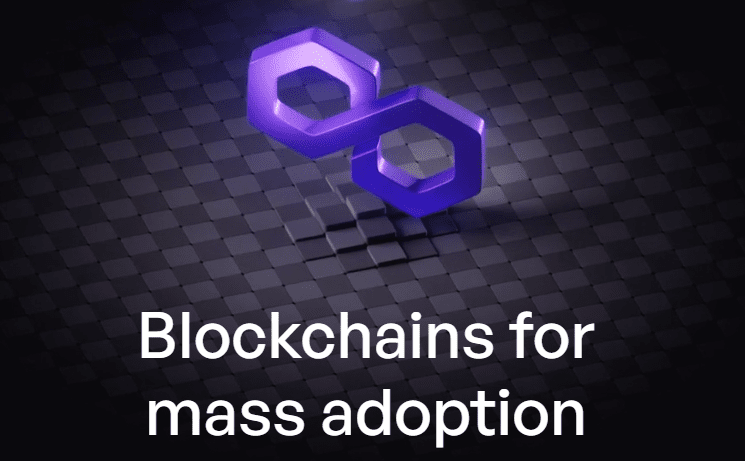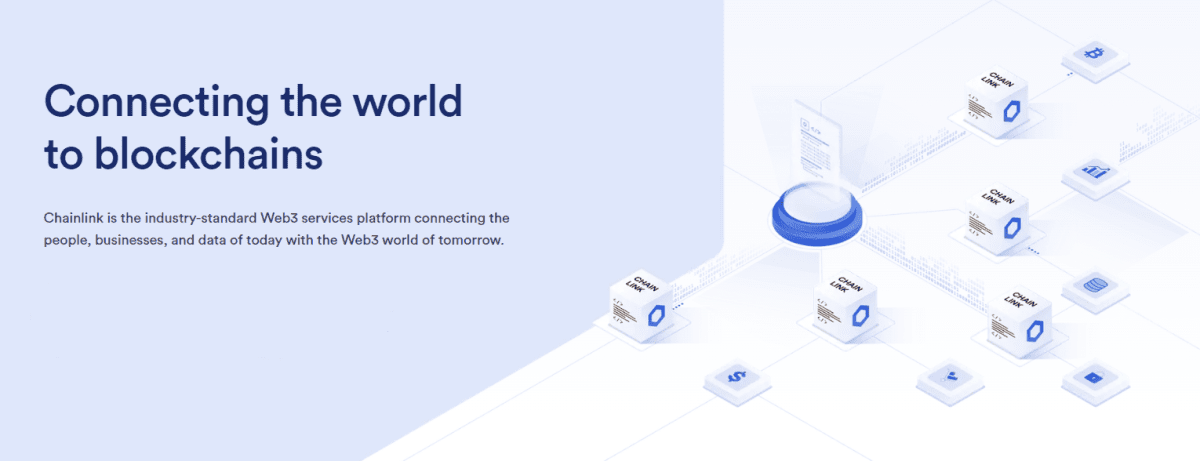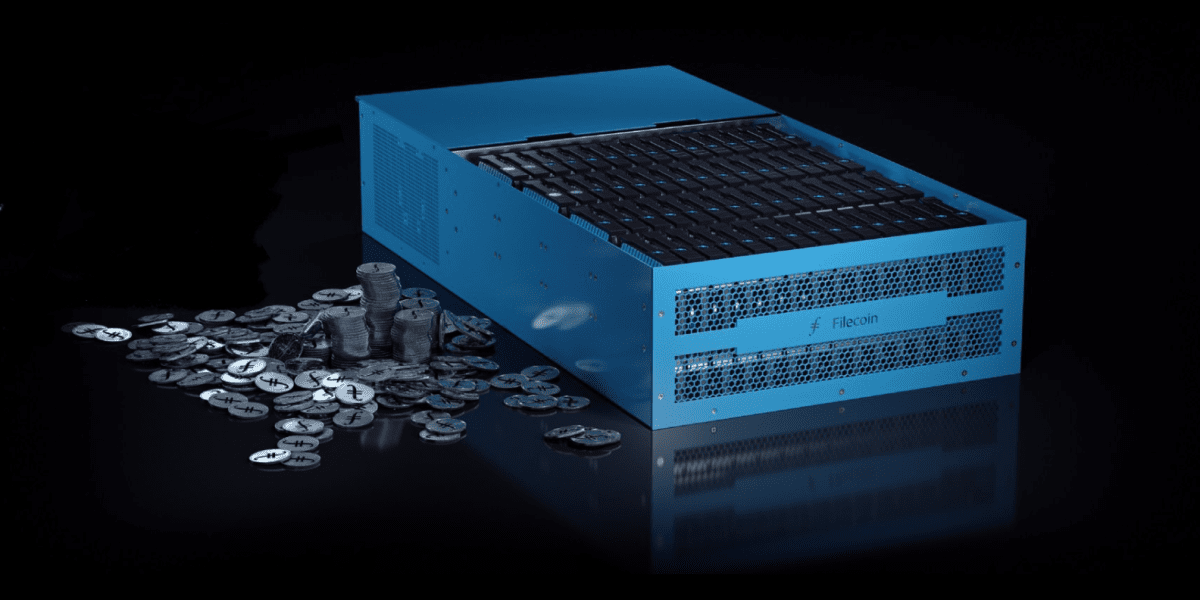Altcoins with Strong Fundamentals

Before taking the plunge into the world of crypto investment, it's essential to consider whether the product backing each coin is actively utilized either within the realm of cryptocurrency or in other sectors. This understanding can offer you the reassurance that the project and its token have potential longevity and are unlikely to fizzle out anytime soon.
Ethereum (ETH)
Without a shred of doubt, Ethereum (ETH) ought to have a distinguished position in this compilation, given its status as one of the most formidable altcoins on the market. It holds its place as the second most recognized cryptocurrency, its reliability and user trust solidifying its position. Granted, it has its share of shortcomings such as limited throughput and hefty transaction fees. Yet, these don't hinder its ability to dictate market trends and introduce its own innovations.

Ethereum Source: ethereum.org
Ethereum set the precedent as the inaugural blockchain to support smart contracts, forming the backbone of all decentralized applications (dApps). Additionally, it's worth noting that Ethereum was the birthplace of Non-Fungible Tokens (NFTs), which have now become an integral component of the cryptocurrency landscape.
This coin plays a pivotal role in the project as it underpins the operation of the network. Validators stake their ETH, and users employ them to cover transaction costs. While there's no cap on the issuance of this cryptocurrency, it incorporates an impressive deflationary mechanism through coin burning. Essentially, the higher the network's demand, the more coins are burnt. Despite currently navigating through less than favorable market conditions, the demand is sufficient to keep the inflation rate in check, even pushing it into the negative territory.
Polygon (MATIC)
Polygon serves as an expansive solution for Ethereum's scaling concerns, facilitating speedy and cost-effective transactions. As of now, the project is much more than that, presenting developers with an all-encompassing framework to forge their own sidechains.

Polygon Source: polygon.technology
The Polygon network has become a preferred destination for NFT and Play-to-Earn (P2E) initiatives. Crucially, it flaunts a broad range of partnerships with prominent companies and brands such as Nike, Starbucks, Instagram, Reddit, Disney, and America's largest bank, JPMorgan.
The network's inherent token, MATIC, is utilized for paying transaction fees and also plays a role in governance. Its supply is finite, with over 92% of the total token offering already in circulation.
Chainlink (LINK)
Chainlink operates as a decentralized oracle platform, enabling an array of cryptocurrency projects to integrate data sourced from external real-world inputs into the blockchain. Chainlink's offerings are utilized by an array of platforms, such as crypto lending protocols like Aave, decentralized exchanges like SushiSwap, synthetic asset platforms like Synthetix, and metaverse gaming experiences like Decentraland, among other ventures.

Chainlink Source: chain.link
LINK, the native token of Chainlink's network, is requisite for node operators to guarantee the seamless operation of the oracles. Participants in the Chainlink network who make use of data channels pay their fees using the relevant tokens. These tokens also act as rewards for node operators and stakers mentioned previously. The issuance of LINK is capped, with just over 50% of tokens currently in the circulating supply.
Filecoin (FIL)
Filecoin is a decentralized protocol leveraging a distinctive data replication system. This unique system allows users to store files securely and retrieve them when needed. With Filecoin, you can rent out surplus space on your hard drive and earn rewards for it.

Filecoin Source: filecoin.io
Notable clients who rely on Filecoin include Shoah Starling Labs, Internet Archive, OpenSea, Microsoft ION, and Flow. Recently, the development team announced the launch of Filecoin Web Services (FWS), their cloud-based data storage service. This new venture might pose significant competition to established services like Google Cloud and Amazon Web Services.
FIL, Filecoin's native token, is used to pay for data storage fees. These fees are then distributed to miners as a form of reward.
Disclaimer
The content of this article is not intended to be financial advice. The real-world utility of a crypto project’s products is not the only factor influencing its token price. However, keep in mind that demand can fluctuate, and a project may fall victim to competition or face shutdown due to regulatory restrictions. Hence, it's essential to conduct thorough research and diversify your investment risks.


